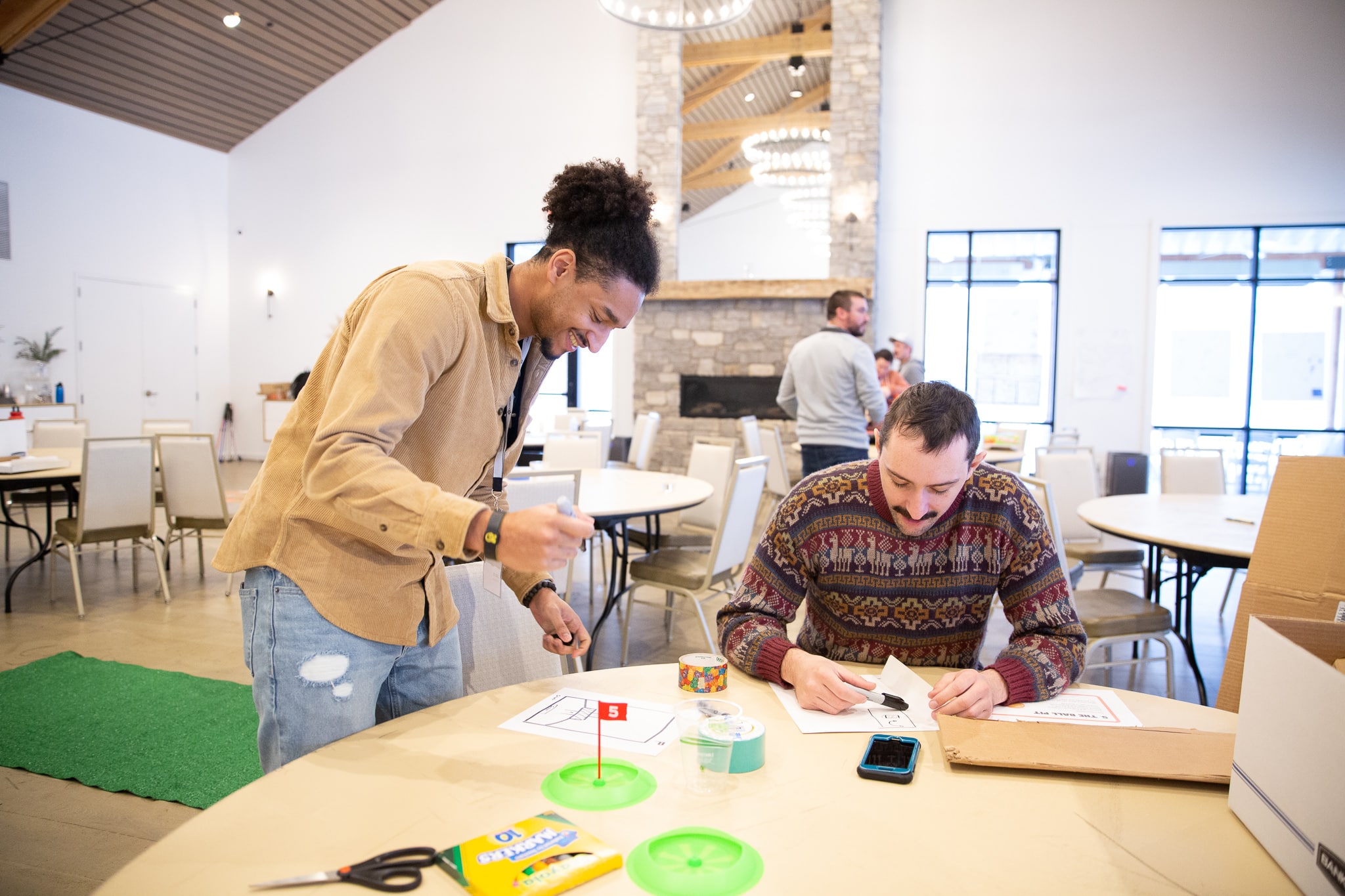Starting your career can be one hell of an experience. You might face fatigue and imposter syndrome, and you might wonder if you’ll ever actually be good at your job. Forming habits around the type of professional you want to become can be a game changer for building confidence, maturity, and self-satisfaction early on in any career.
Here are some habits I’ve built that have helped me to feel more comfortable and confident as a young professional.
Own your workspace.
Your environment is important! Where you work influences how you work. If you have a space to call yours, make it feel that way. Photos, custom keyboards, plants, coloring books… don’t be afraid to express yourself. You use that space every day, so you might as well give it some personality!
Establish your workflow.
When and where do you do your best work? How do you flow? What do you need to flow? Ask yourself these questions as you create your own rhythm for productivity.
I struggle with sitting still for long periods. I also know I need to change up my environment throughout the week to stay clear-minded. So what do I do?
- I use the Pomodoro technique to give myself regular focus breaks.
- I shift between different spaces in our office (and even coffee shops around town) to give myself a fresh environment throughout the week.
That works for me, but you know yourself best. Leverage your environment and your knowledge of self to create more ideal working scenarios.
Ask clear questions.
A lot goes into asking questions. Learning when and how to ask questions is key to growth early on in your career. If what you’re doing is not well defined to you, feel no shame in asking someone to help clarify the task and its end goal.
But if you find yourself stuck, consider talking yourself through the scenario:
- What is the problem?
- What approaches have I taken to solve it?
- Why didn’t those work?
Simply talking yourself through a problem can often lead to a clearer understanding of where you are and what you’re trying to do. If you can’t solve the problem on your own, this might make it easier to identify what kind of guidance you need.
Developing this habit builds resiliency. It also helps to ask purposeful questions with end goals instead of blurting out questions that you can easily answer online.
Invest in your coworkers.
You don’t have to be friends with your coworkers, but being friendly goes a long way. Everyone is a resource, and your coworkers have a lot of knowledge and experiences that you don’t have.
Get to know them. Go on that coffee walk, stay a few extra minutes on that Zoom call, have lunch, or do whatever it is that you’re comfortable doing! Just invest — nine times out of 10 it’ll be reciprocated.
The camaraderie you build might provide the boost you need on those low-energy days, and it’ll make the other days even more enjoyable.
Trust the process.
Maturity absolutely takes time, and habits aren’t built overnight. But if you’re both patient and intentional as you build habits, the future won’t be too far away. Trust the process.

